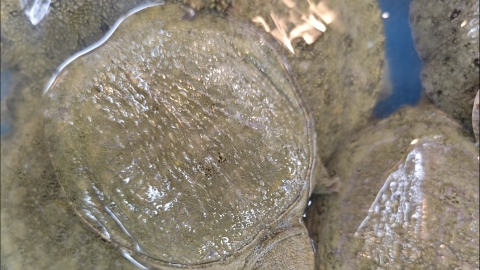Can patients with rectal cancer eat soft-shelled turtle?
Whether patients with colorectal cancer can eat turtle meat depends on their disease stage and digestive condition. Patients with normal digestive function who are not in an acute treatment phase may consume it in moderation; however, those experiencing chemotherapy-induced vomiting, whose intestinal function has not recovered after surgery, or who have liver or kidney damage should avoid it. Detailed analysis is as follows:

For patients with stable conditions and good digestion, moderate consumption of turtle meat offers clear benefits. Turtle meat is rich in high-quality protein and various trace elements, helping to improve nutrition and boost physical strength, thus supporting the body’s resistance against disease. When cooking, it should be stewed until tender and soft, with fatty portions removed. Spicy seasonings should be avoided to reduce the digestive burden on the intestines.
For patients suffering from severe nausea or diarrhea during chemotherapy, the high protein content in turtle meat may worsen gastrointestinal discomfort. In the early postoperative period, when intestinal function is weak, turtle meat is difficult to digest and may cause bloating. For patients with liver or kidney impairment, metabolic byproducts of turtle meat could increase organ workload—these individuals should avoid consumption altogether.
Daily diet should follow the principles of being light, nutritious, and easy to digest, with food choices adjusted according to individual tolerance. Include plenty of fresh fruits and vegetables to ensure adequate vitamin intake and maintain dietary diversity. Eat regular meals, chew slowly, avoid raw, cold, or hard foods, and maintain a consistent daily routine to support recovery.









